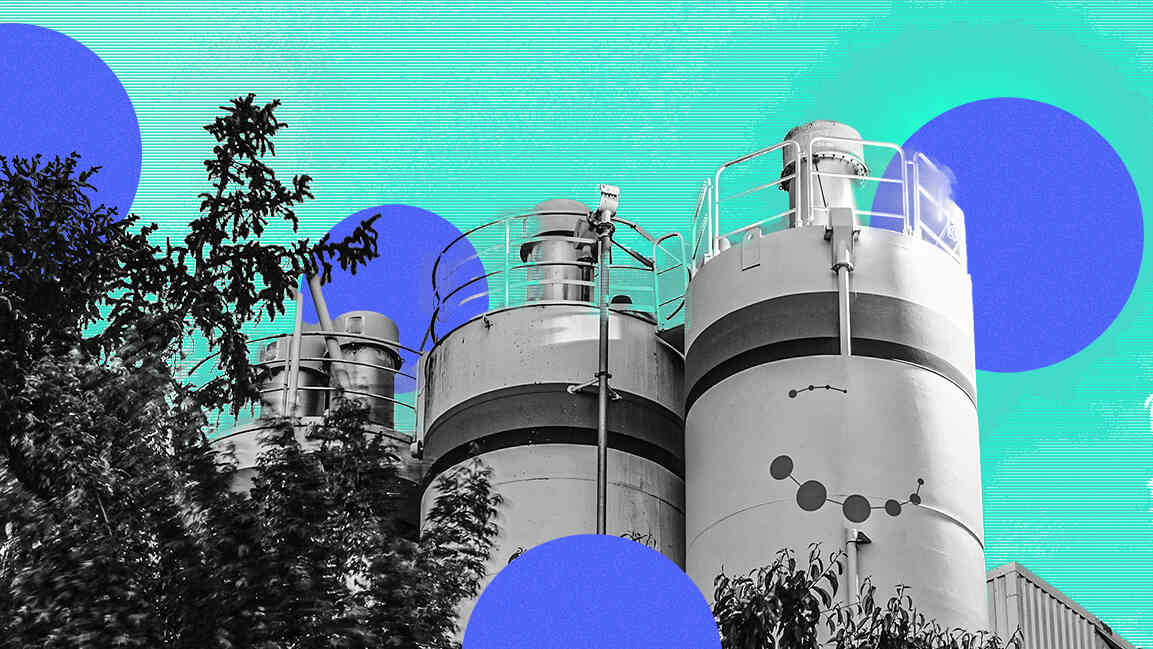- | 1:00 pm
Arab nations set sights on 8 million tonnes of hydrogen by 2030
"The goal is to raise awareness of the available options to help develop a global hydrogen economy", says Secretary General of the AEO.

On Wednesday, Jamal Al Loughani, Secretary General of the Arab Energy Organisation (AEO), announced that nine Arab countries have set a collective target to produce eight million tonnes of low-carbon hydrogen annually by 2030. That figure is expected to rise to 27.5 million tonnes per year by 2040, contingent on the global hydrogen market reaching full maturity.
Speaking to the Kuwait News Agency (KUNA), Al Loughani also revealed that the UN Group of Experts on Gas in Geneva has endorsed a joint initiative between the AEO and the Russian Federation. The collaboration aims to conduct in-depth studies on the storage and transport of hydrogen in both liquid and gaseous forms.
He noted that the initiative is part of the UN’s 2026 work program, and findings will be reviewed at the commission’s meeting in March 2026. The objective is to raise awareness of viable hydrogen storage and transport solutions, supporting the development of a global hydrogen economy.
Al Loughani also emphasized that Arab nations are ramping up investments in hydrogen to meet growing demand in key markets such as Europe and Asia while simultaneously advancing domestic use across sectors like industry and transportation.
Al Loughani highlighted a sharp rise in hydrogen-related activity across the region, noting that the number of announced projects in Arab countries has surged from just 34 in 2021 to 127 by the end of 2024—a nearly fourfold increase. These projects cover the entire hydrogen value chain, from production and export to transportation via pipelines linking North Africa to Europe, as well as applications in land and marine transport, including hydrogen-powered ships.
He also revealed that six Arab countries have already finalized their national hydrogen strategies, while another six are actively developing theirs. Several of these nations have completed national hydrogen roadmaps—critical precursors to fully realized strategies—as they move to position themselves in the evolving global hydrogen market.































